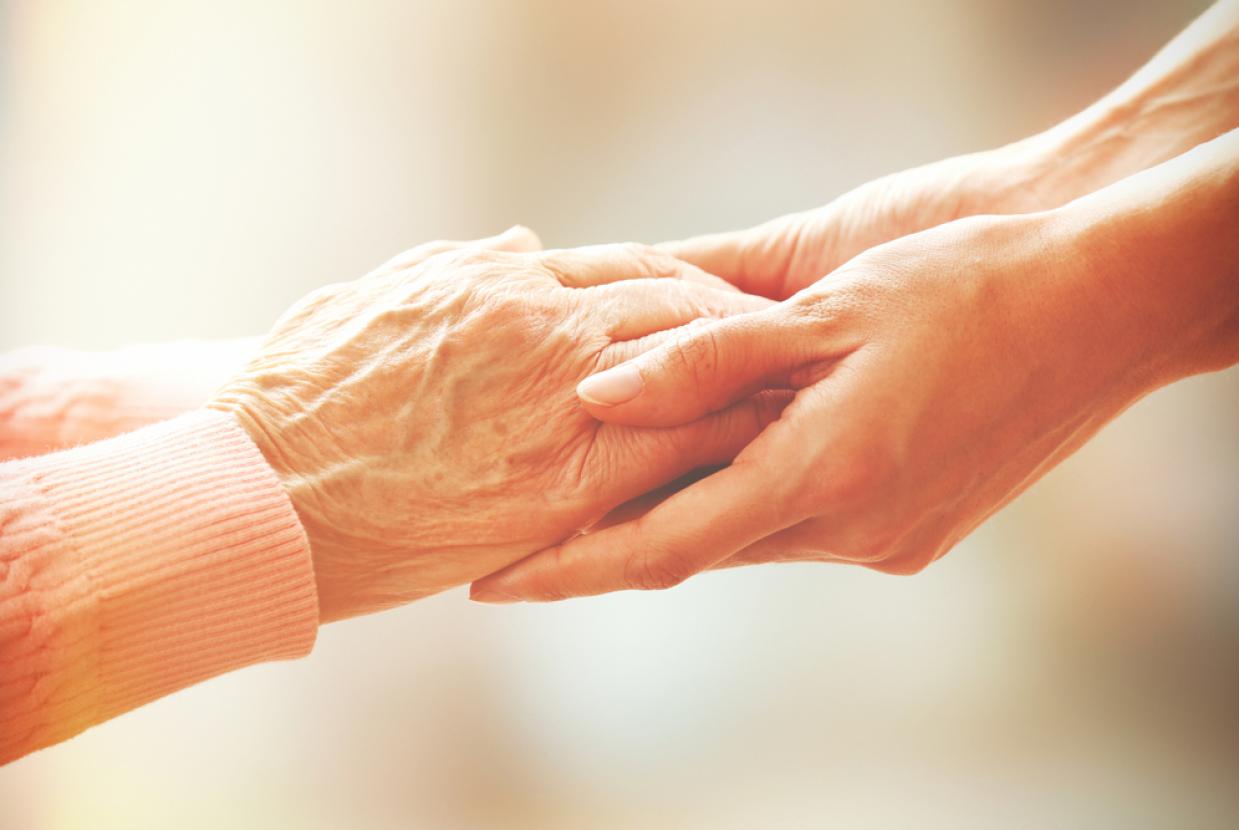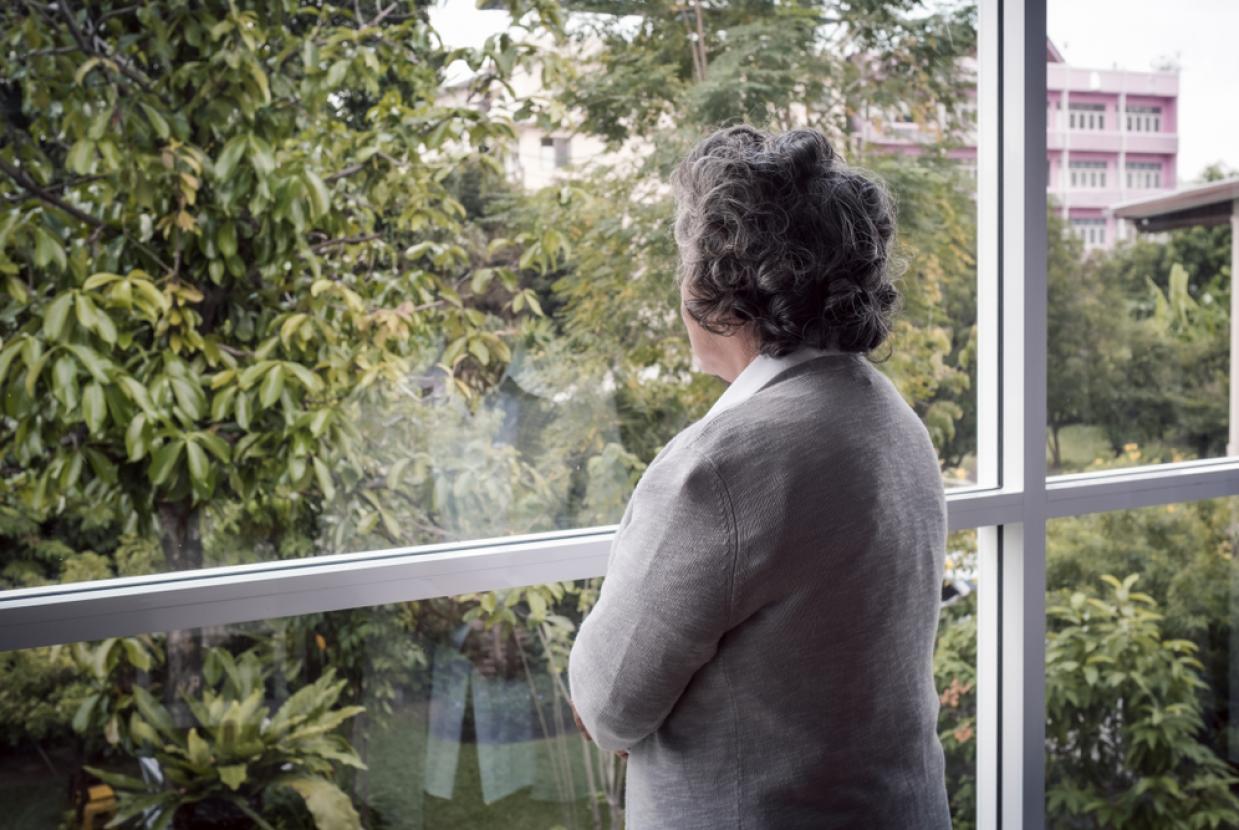Loneliness
AgeNI
Most people will feel lonely at some point in their lives. It’s a deeply personal experience that - in most cases - will thankfully pass. But for a growing number of people, particularly those in later life, loneliness can define their lives and have a significant impact on their wellbeing.
What causes loneliness?
We often feel lonely when we feel we don't have strong social relationships or are unhappy with the ones we have. There have been several studies that have identified a range of factors associated with being lonely in older age. These factors include:
- social networks (living alone, being widowed or divorced, a lack of contact with friends and family and limited opportunities to participate in social occasions)
- health (poor health, limited mobility, social care needs or cognitive and sensory impairment)
- individual characteristics (age, ethnicity, sexual orientation, low income, retirement)
- neighbourhood characteristics (structures of buildings and streets, provision of local amenities, territorial boundaries, area reputation, neighbourliness, material deprivation of area of residence).
Loneliness is associated with depression, sleep problems, impaired cognitive health, heightened vascular resistance, hypertension, psychological stress and mental health problems.

































